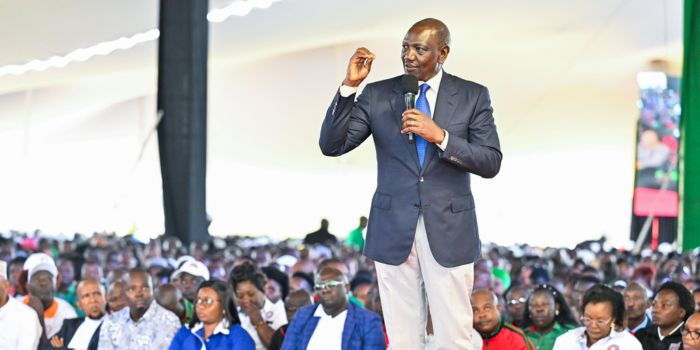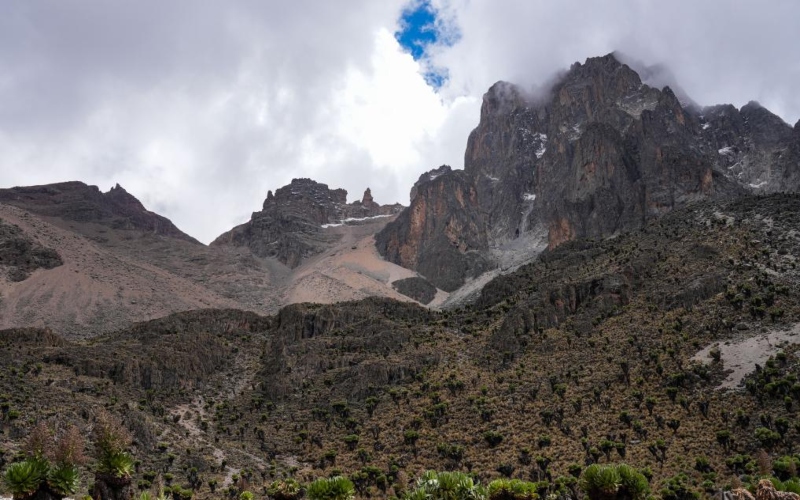
Rose Njeri—a software developer turned digital activist—was dramatically released on a Ksh100,000 personal bond after spending three tense days in police custody. Her alleged crime? Launching a website that let Kenyans reject the controversial Finance Bill 2025 with a single click.
Principal Magistrate Geoffrey Onsarigo granted her release today and set her trial date for Friday, June 20. But the legal battle is just beginning.
Njeri, who had been detained at Pangani Police Station since her arrest on May 30, found herself at the center of a digital rights storm. Her “offensive” tweet on May 19, in which she introduced a basic software tool to help citizens oppose the proposed bill, was enough to trigger a dramatic police crackdown.

“With only one click, my basic software allows you to reject the Finance Bill 2025. To submit your objection, click below,” she wrote.
That single tweet led to her being charged under Section 16 of Kenya’s Computer Misuse and Cybercrimes Act—a move critics say is a blatant attempt to silence dissent.
As word of her detention spread, public anger exploded. What started as a quiet arrest quickly escalated into a national firestorm. Over the extended Madaraka Day weekend, the gates of Pangani Police Station became the epicenter of a protest movement. Prominent activists like Boniface Mwangi and Hanifa Adan clashed with authorities after being blocked from seeing her.
Even presidential hopeful and activist Okiya Omtatah was seen outside the station, managing to speak with Njeri in what many are calling a symbolic act of resistance.
On Saturday, May 31, Law Society of Kenya (LSK) President Faith Odhiambo confirmed that an LSK team had finally accessed Njeri after a prolonged standoff. But the drama didn’t stop there.
In a shocking twist early this morning, Odhiambo revealed that Njeri had been secretly transferred from Pangani Police Station without any formal notice. Confusion and fury erupted—until Njeri was eventually produced in court under tight security.
What followed was an extraordinary show of legal solidarity rarely seen in Kenya’s recent history. Njeri was defended by a formidable legal dream team led by former Chief Justice David Maraga. Joining him were heavyweights including former Vice President Kalonzo Musyoka, Senior Counsels John Khaminwa and Eugene Wamalwa, and several top LSK members.
Their united front sent a powerful message: this case is not just about one woman. It’s about the future of digital freedom in Kenya.
Outside the courtroom, hundreds of Kenyans gathered, chanting Njeri’s name and demanding justice. The courthouse grounds echoed with calls for accountability and freedom of expression, as civil society drew a red line against what many now see as an attack on democracy.
The battle lines have been drawn—and all eyes are now on June 20.






